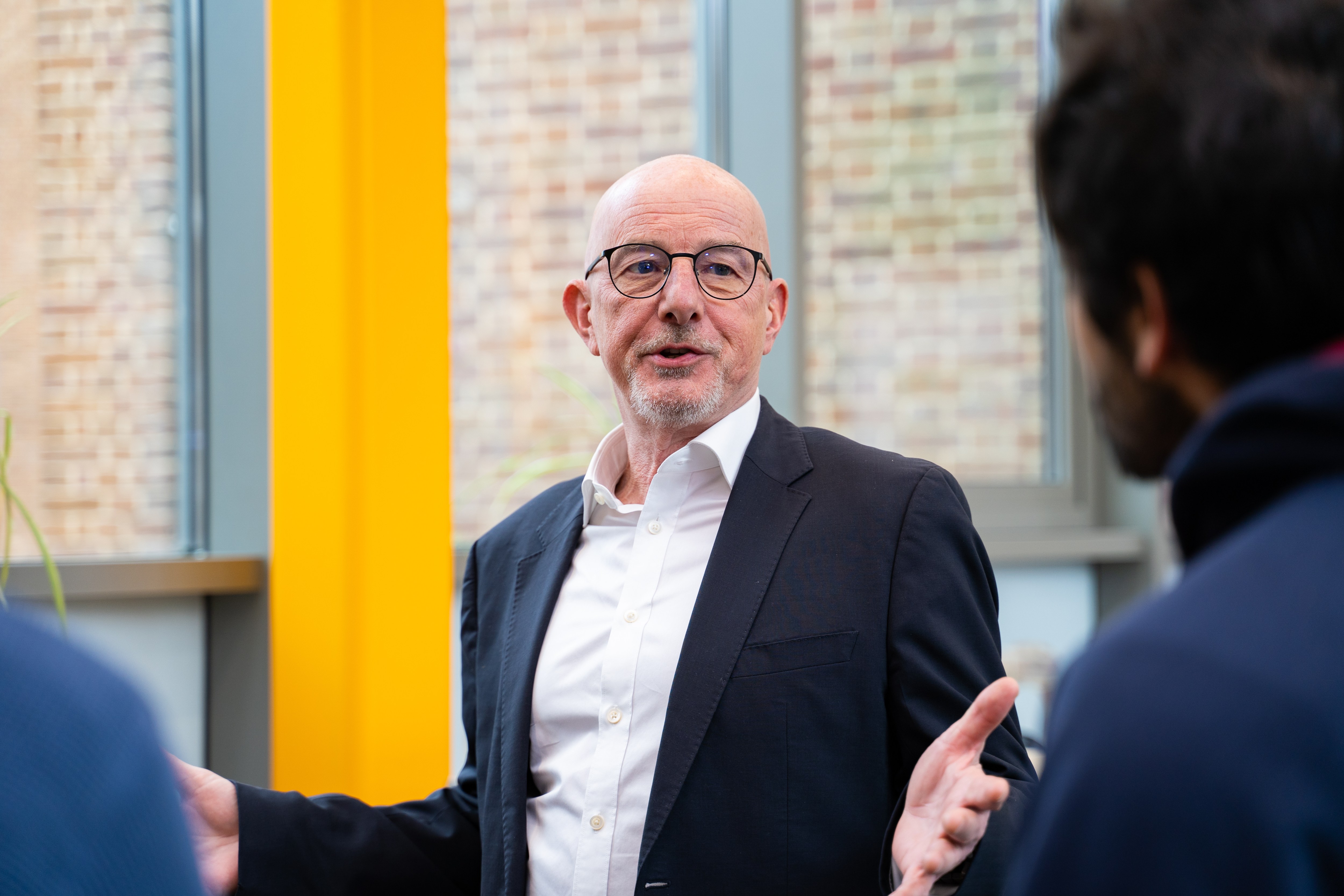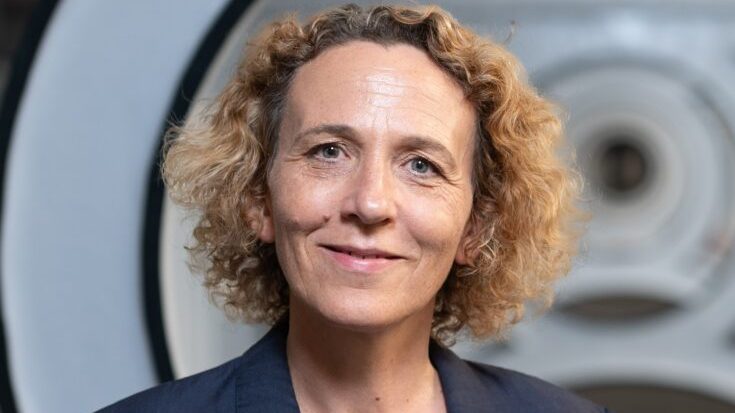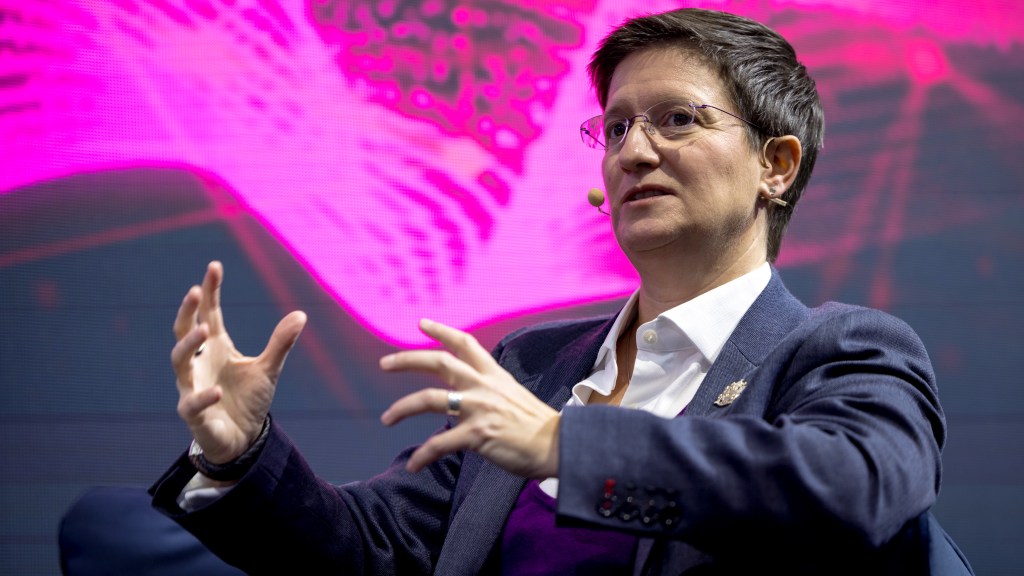Calls for Innovate UK to Shift to Equity Investments in Tech
The newly appointed head of Britain’s £1.1 billion-a-year innovation agency is urged to transition its focus from merely distributing grants to actively making equity investments in key technology companies. This perspective was shared by Ewan Kirk, entrepreneur-in-residence at Cambridge University.
Stella Peace took over the interim executive chair position at Innovate UK on Tuesday, succeeding Indro Mukerjee, who held the role for three and a half years with an annual salary of £195,000.
Her appointment comes amidst scrutiny from the Treasury regarding the effective allocation of public funds across various agencies, particularly with the upcoming budget announcement on October 30. The agency faced backlash from numerous women business owners who applied for the £4 million Women in Innovation awards, as only 25 grants were awarded—significantly fewer than the anticipated 50.

Kirk, who also serves as a non-executive director for BAE Systems and chairs Deeptech Labs in Cambridge, remarked, “It is a good idea, but poorly executed. The incoming chair should reform Innovate UK into an investment-driven organization rather than one primarily focused on grants.” He advocates for direct investments in companies advancing technologies of national significance, collaborating with the British Business Bank.
Innovate UK supports over 450,000 innovators annually, including approximately 10,600 tech firms through its Business Growth program. In return, these companies attracted £674 million in private funding and contributed to the creation and maintenance of 6,713 skilled jobs.
The agency emphasizes that for every £1 of public funding granted, businesses receive £3.61 in direct benefits, alongside additional social and economic advantages. Innovate UK is also facilitating venture capital investments, successfully matching £40 million in grants last year with £123 million in equity investment from partners.
In March 2022, the government significantly increased Innovate UK’s budget, marking a 66 percent rise from four years prior. However, the agency has been tasked with improving efficiency, resulting in a 25 percent reduction of its workforce to approximately 750 employees. This reduction has led to heightened workloads, as noted in the annual report from UK Research and Innovation, which oversees public funding for academic research.
Kirk argues Innovate UK needs clearer goals, effective metrics for assessing success, and a reinforced commitment to successful initiatives. He pointed out the nine catapult centres, which serve as advanced research and development hubs for businesses, as particularly effective but still underfunded.
These centres consume about a third of Innovate UK’s annual budget and cover various fields, including cell and gene therapy, energy systems, and high-value manufacturing. “The catapults are a promising concept, but still lack sufficient funding,” Kirk noted.
He further criticized Innovate UK’s grant system as overly complex and bureaucratic, creating a sub-industry of consultants who assist startups with grant applications for a percentage of the awarded funds. “This complicates the process and should be addressed to streamline the application experience,” he emphasized.
A spokesperson for Innovate UK responded, stating the agency continuously strives to enhance their application process’s efficiency while responsibly managing public resources. Recent measures include simplifying application forms by reducing the number of questions for certain competitions and experimenting with video submissions for applicants.
The success rate for Innovate UK grants typically hovers around 20 percent, though the rate for the Women in Innovation scheme was notably lower. After 1,452 applications for grants of up to £75,000, only 25 were awarded, contrary to the initial promise of up to 50.
The agency acknowledged the miscalculation regarding allocations, stating: “The decision to limit grant awards was mistaken, and we apologize for the impact on applicants and the broader community.”
Peace previously held significant positions at Unilever and served as chief research and development officer at Nomad Foods, which includes brands like Birds Eye and Findus.
Science Minister Lord Patrick Vallance is currently in the process of securing a permanent successor for Mukerjee and a new chair for UK Research and Innovation, as Dame Ottoline Leyser prepares to leave her role next summer. Vallance noted that UKRI must emphasize research and development in support of major government initiatives, including efforts to stimulate economic growth and enhance the NHS.




Post Comment